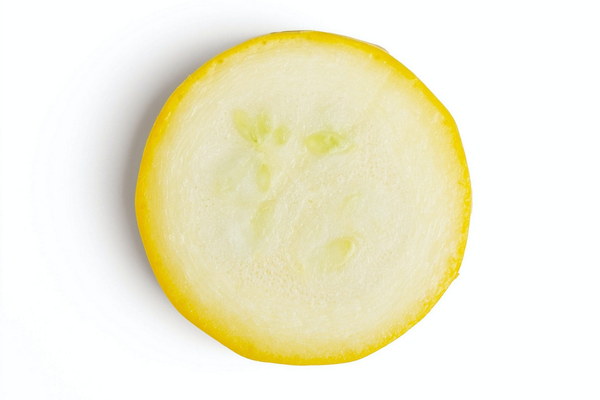Does Yinzhen Wine Nourish or Damage the Liver
Yinzhen wine, a traditional Chinese medicine drink, has been widely used for its supposed health benefits, particularly for the liver. But does it really nourish the liver, or does it pose a risk to it? In this article, we will explore the effects of yinzhen wine on the liver, considering both its potential benefits and risks.
Yinzhen Wine: An Overview
Yinzhen wine, also known as Bupleurum wine, is made from the roots of the Chinese herb Bupleurum chinense. It has been used in traditional Chinese medicine for centuries to treat various ailments, including liver disorders, fever, and indigestion. The primary active ingredient in yinzhen wine is bupleurum, which is believed to have anti-inflammatory, antioxidant, and liver-protective properties.
Potential Benefits of Yinzhen Wine on the Liver
1. Liver-Protective Properties: Some studies suggest that bupleurum may help protect the liver from damage caused by toxins and diseases. It is believed to improve liver function and promote the regeneration of liver cells.
2. Anti-inflammatory Effects: Bupleurum has been found to have anti-inflammatory effects, which can help reduce liver inflammation associated with conditions like hepatitis.
3. Antioxidant Activity: The antioxidants present in yinzhen wine can help combat oxidative stress, a key factor in the development of liver diseases.
4. Improvement of Liver Function: Yinzhen wine is often used to improve liver function, particularly in cases of chronic liver disease. It may help alleviate symptoms such as fatigue, abdominal pain, and nausea.
Risks and Concerns about Yinzhen Wine
1. Alcohol Content: Yinzhen wine contains a significant amount of alcohol, which can be harmful to the liver. Excessive alcohol consumption is known to cause liver damage and can exacerbate existing liver conditions.
2. Interaction with Other Medications: Yinzhen wine may interact with certain medications, leading to adverse effects. It is essential to consult a healthcare professional before combining it with other treatments.
3. Quality Control: The quality of yinzhen wine can vary greatly, depending on the source and production methods. Consuming low-quality yinzhen wine may increase the risk of liver damage.

4. Overdose: Excessive consumption of yinzhen wine can lead to an overdose of bupleurum, which can cause side effects such as dizziness, nausea, and diarrhea.
Conclusion
In conclusion, yinzhen wine may offer potential benefits for the liver, but it also carries risks. While it may have liver-protective properties and anti-inflammatory effects, the alcohol content and potential interactions with other medications make it a controversial choice for liver health. If you are considering using yinzhen wine to improve your liver health, it is crucial to consult with a healthcare professional and exercise caution to avoid potential harm.
It is important to note that the use of yinzhen wine should not replace conventional medical treatments for liver conditions. For those with existing liver disease or those at risk of liver damage, it is best to avoid yinzhen wine altogether and seek advice from a healthcare provider.
Ultimately, the decision to consume yinzhen wine should be based on a careful consideration of its potential benefits and risks, as well as individual health conditions and preferences.









